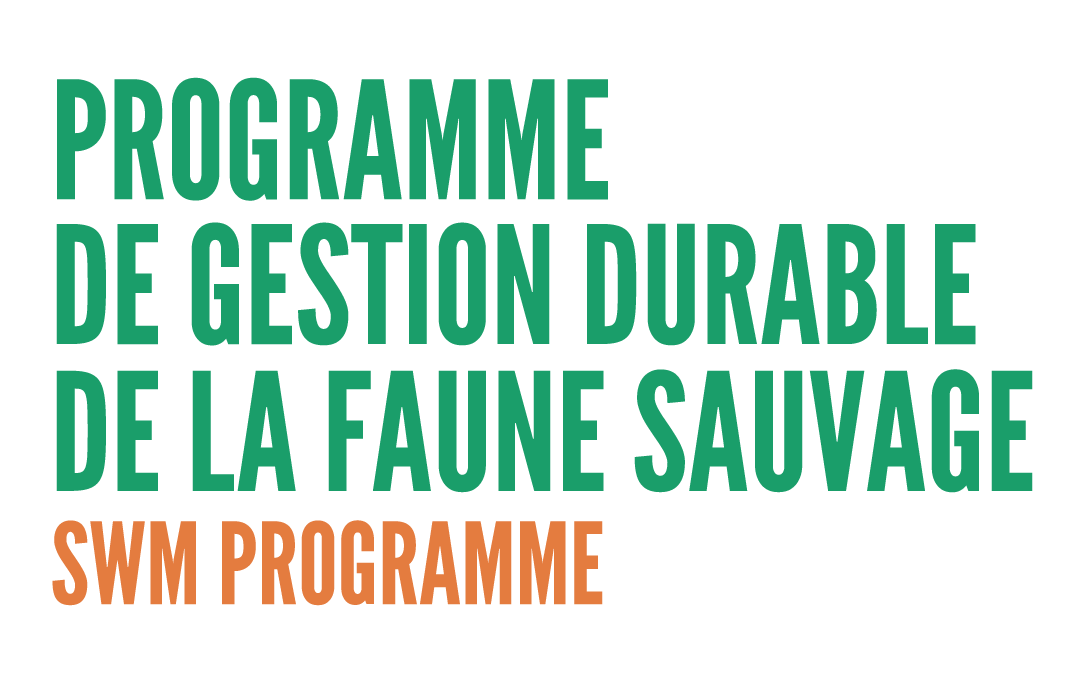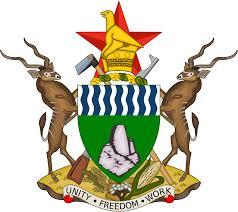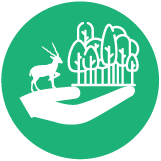Plateforme juridique/Zimbabwe
LEGAL HUB/ZIMBABWE
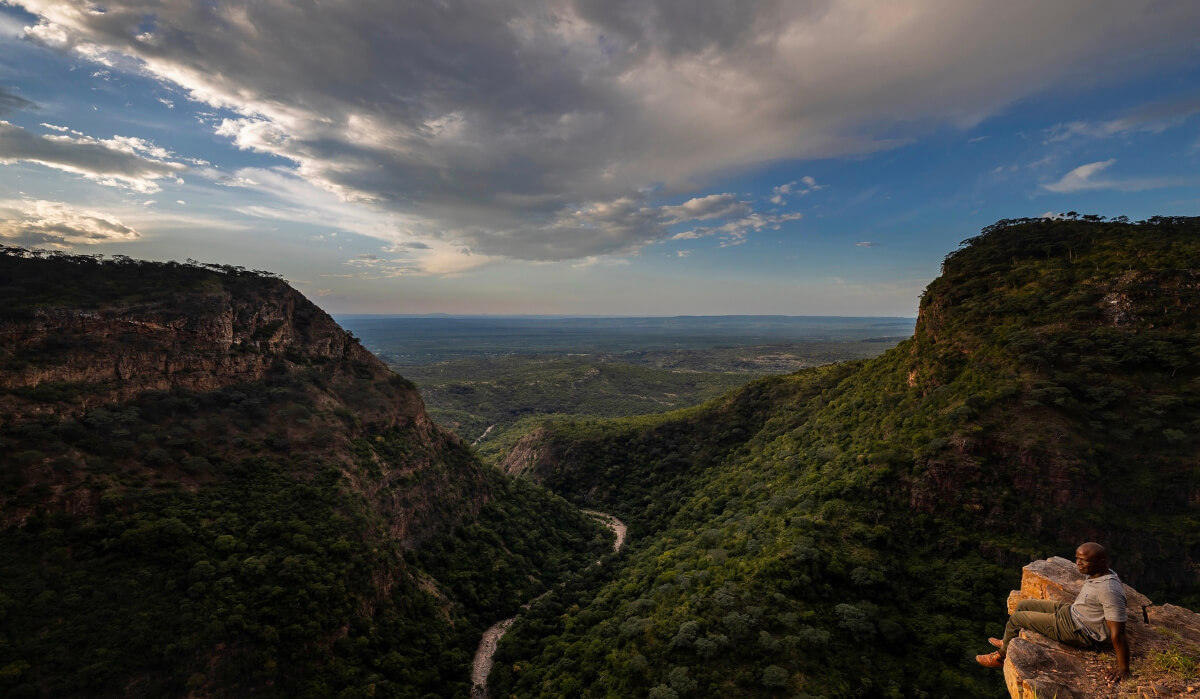
BACKGROUND
Country legal hubs are a user-friendly point of access to a comprehensive set of data and analysis on the statutory legal frameworks relating to sustainable wildlife management. This includes environmental protection, tenure rights, land use planning, the consumption (hunting and fishing) and non-consumption (ecotourism) use of wildlife, as well as animal production, animal health, and food safety and security.
Each legal hub provides:
- historical and political background on the country;
- access to relevant national normative texts by sector;
- legal assessment of sectoral legislation;
- overview of the domestication of international and regional instruments;
- description of national institutions and their roles.
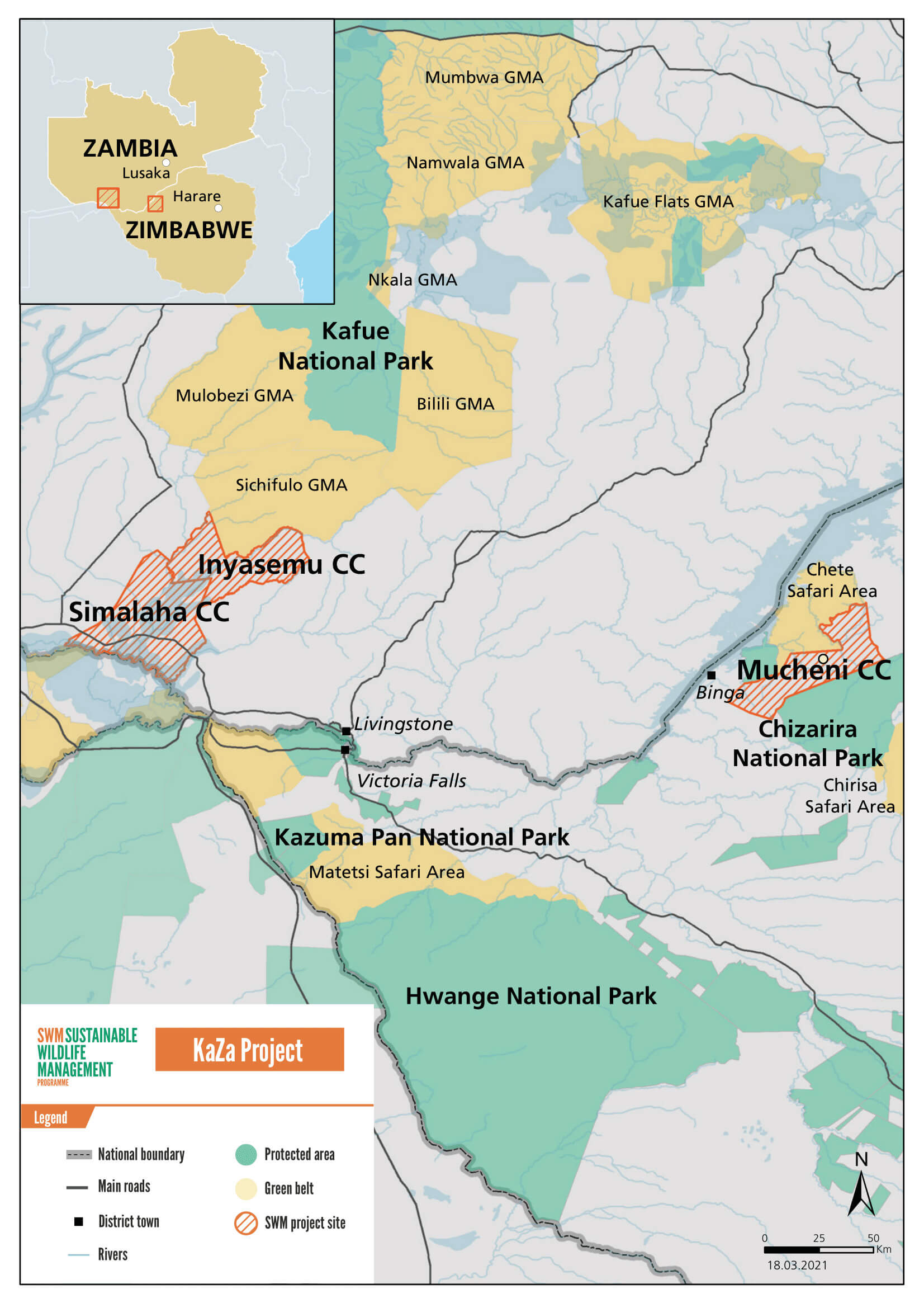
LEGAL AND POLITICAL CONTEXT
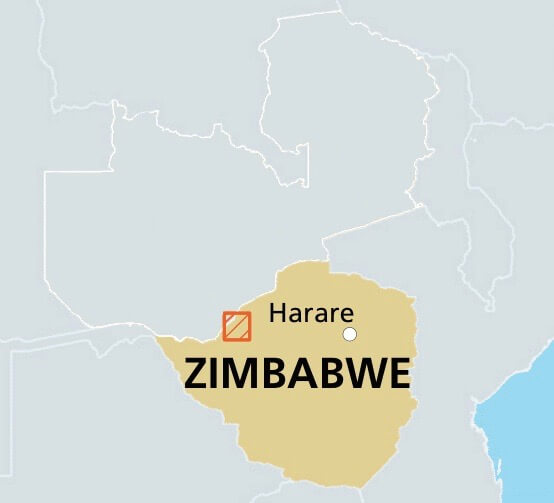
Political system: Republic; Presidential regime; National Assembly and Senate.
Administrative and territorial organization: Unitary state with devolution and decentralization of government powers. There are three levels of government: national government (Cabinet), provincial and metropolitan councils and local authorities (urban councils and rural district councils).
Legal system: General Law (Common Law and Statutory Law) / Customary Law.
International Conventions: dualist system.
Zimbabwe, officially the Republic of Zimbabwe, and formerly Southern Rhodesia (1911-1964), Rhodesia (1964-1979), or Zimbabwe Rhodesia (1979-1980), achieved independence on 18 April 1980, after a colonial period which began in 1890. It is a unitary state with devolution and decentralization of government powers.
There are three tiers of government.
National government with national Ministers who constitue the Cabinet.
Provincial and metropolitan councils: 8 provinces (Manicaland, Mashonaland Central, Mashonaland East, Mashonaland West, Masvingo, Matabeleland North, Matabeleland South, Midlands) and 2 cities with provincial status known as metropolitan provinces (the capital, Harare, and Bulawayo). The provinces and metropolitan provinces are further divided into sixty-four districts. They are composed of directly elected and proportional representation public representatives.
Local authorities: urban councils and rural district councils, composed of elected ward councilors.
The 2013 Constitution defines Zimbabwe as a unitary, democratic and sovereign Republic. It is a multi-party democratic political system with an electoral system based on universal adult suffrage and equality of votes. The executive authority of Zimbabwe vests in the President who exercises it, subject to the Constitution, through the Cabinet. The President is the Head of State and Government and the Commander-in-Chief of the Defence Forces. Section 90 of the Constitution sets the President’s duties. The Constitution vests legislative authority in the legislature which consists of the Senate and the National Assembly. Judicial authority is vested in the judiciary with the Constitutional Court being the superior court of record.
Zimbabwe's legal system is a plural system that combines the Roman Dutch Law and English Law imported from the Colony of the Cape of Good Hope, with the customary law of the indigenous peoples of Zimbabwe. According to the Customary Law and Local Courts Act (CLLCA), customary law means the customary law of the people of Zimbabwe (or any section or community of such people) before the 10th June, 1891, as modified and developed since that date. The CLLCA also defines general law as the common law of Zimbabwe (Roman Dutch Law) and any enactment (Statutory Law). Customary Law is mainly applied in civil matters involving personal law. However, all law, including customary and general law, is subject to compliance with the Constitution of Zimbabwe, which is the Supreme Law. Any law inconsistent with it is invalid to the extent of the inconsistency.
With regards to international conventions, the 2013 Constitution entrenches the dualist system in Zimbabwe. Section 327 of the Constitution directly addresses the application of international law in Zimbabwe. It states that, ‘any international treaty which has been concluded or executed by the President or under the President’s authority, does not bind Zimbabwe unless it has been approved by Parliament and it does not form part of the Law of Zimbabwe unless it has been incorporated into the Law through an Act of Parliament.’ Further, section 326 states that ‘Customary International Law is part of the Law of Zimbabwe, unless it is inconsistent with the Constitution or an Act of Parliament.’
LEGAL DATABASE
This section provides access to a list of statutory instruments specific to each sector that can be consulted and downloaded.
DIAGNOSTIC OF STATUTORY LAW
Detailed legal diagnostics are available on national statutory instruments regulating the following topics
DIAGNOSTIC OF CUSTOMARY LAW
Detailed diagnostics are available on customary norms and practices operating at the SWM Programme site in Binga district, regulating the following topics:
RATIFIED INTERNATIONAL TREATIES
INSTITUTIONAL SET‐UP
Institutions |
Roles |
|---|---|
|
Parks and Wildlife Management Authority
|
|
|
Ministry of Lands, Agriculture, Water, and Rural Resettlement
|
|
|
Rural District Councils
|
|
|
Zimbabwe Tourism Authority
|
|
|
Council of Veterinary Surgeons
|
|
|
Advisory Board of Public Health
|
|
|
Medicines Control Authority of Zimbabwe
|
|
|
National Biotechnology Authority
|
|
|
Insurance and Pensions Board
|
|
|
Trustees of the National Museums and Monuments
|
|
|
Zimbabwe Human Rights Commissio
|
|
